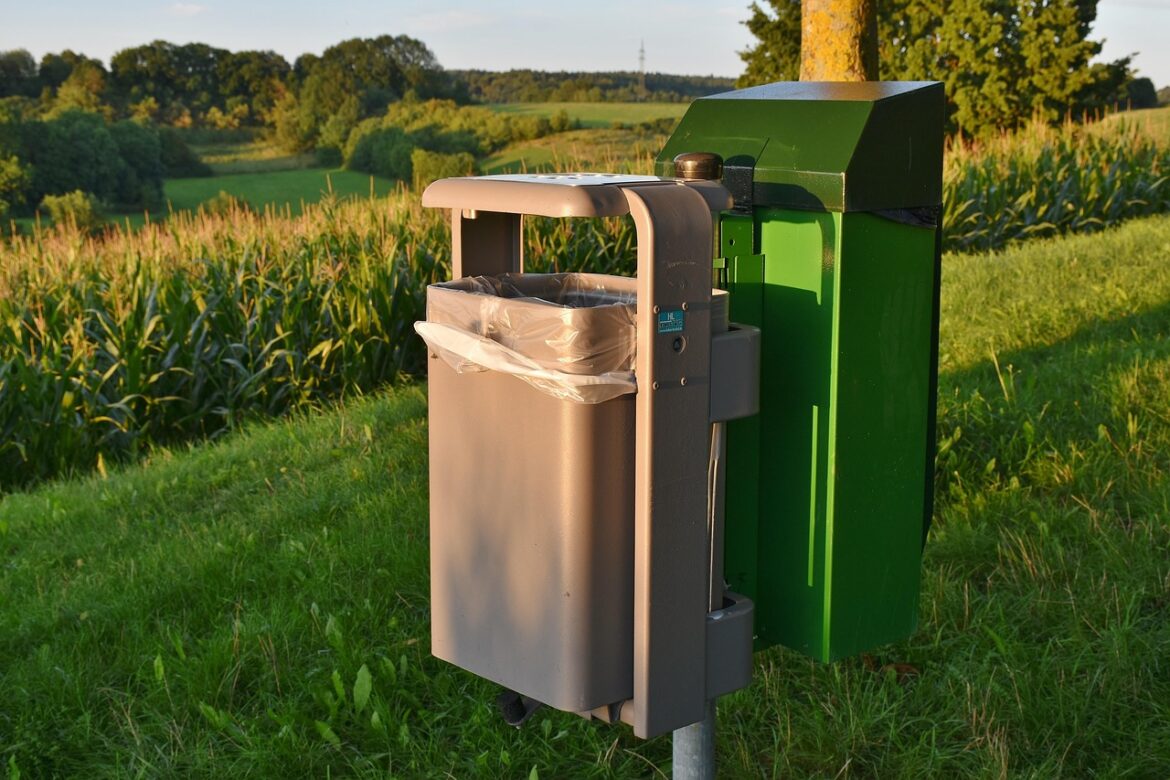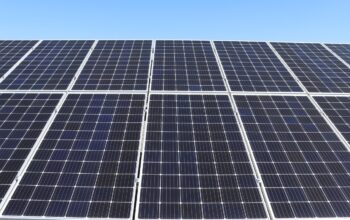In 2025, the world of waste management is undergoing a radical transformation, thanks to the convergence of artificial intelligence (AI) and Internet of Things (IoT) technologies. This smart waste management revolution is not just a trend; it’s becoming a cornerstone of sustainable urban development, promising to make our cities cleaner, more efficient, and environmentally friendly.
The Smart Waste Management Revolution
Smart waste management systems are leveraging AI and IoT to optimize waste collection, processing, and recycling. These technologies are addressing some of the most pressing challenges in waste management, from reducing operational costs to minimizing environmental impact.
AI-Powered Waste Analytics
One of the most significant advancements in this field is the use of AI for waste analytics. Smart bins equipped with sensors can now:
- Monitor fill levels in real-time
- Analyze waste composition
- Predict collection needs
- Optimize collection routes
This data-driven approach allows waste management companies to schedule collections more efficiently, reducing unnecessary trips and, consequently, lowering carbon emissions.
IoT for Streamlined Operations
IoT devices are playing a crucial role in connecting various components of the waste management ecosystem. From smart bins to collection vehicles, these interconnected devices create a seamless flow of information that enables:
- Real-time tracking of waste from source to disposal
- Automated alerts for maintenance and repairs
- Enhanced safety measures for waste management workers
The Benefits of Smart Waste Management
The implementation of these technologies is yielding impressive results:
-
Cost Reduction: By optimizing collection routes and schedules, cities are seeing up to 30% reduction in operational costs.
-
Environmental Impact: Fewer collection trips mean lower carbon emissions, with some cities reporting a 20% decrease in their waste management carbon footprint.
-
Improved Recycling Rates: AI-powered sorting systems are increasing recycling accuracy, leading to higher recovery rates of recyclable materials.
-
Public Health: Smart bins with fill-level sensors help prevent overflowing, reducing litter and potential health hazards.
Implementing Smart Waste Management: A How-To Guide
For cities and organizations looking to adopt smart waste management systems, here’s a step-by-step guide:
-
Assess Current Infrastructure: Evaluate your existing waste management system to identify areas for improvement.
-
Choose the Right Technology: Select IoT sensors and AI platforms that best fit your needs and budget.
-
Pilot Programs: Start with small-scale pilot programs to test the effectiveness of the new systems.
-
Data Integration: Ensure that the new systems can integrate with existing data platforms for comprehensive analysis.
-
Train Your Team: Provide thorough training to waste management staff on using and maintaining the new technologies.
-
Public Engagement: Educate the public about the new systems and how they can participate in smarter waste management practices.
The Future of Waste Management
As we look beyond 2025, the potential for smart waste management is vast. We can expect to see:
-
Autonomous Waste Collection: Self-driving vehicles that can navigate and collect waste without human intervention.
-
Waste-to-Energy Integration: Smart systems that can efficiently sort waste for energy recovery, further reducing landfill use.
-
Circular Economy Solutions: AI-driven platforms that connect waste producers with potential users, fostering a more circular economy.
Smart waste management is more than just a technological upgrade; it’s a fundamental shift in how we approach waste in our societies. By embracing these innovations, we’re not just cleaning up our cities – we’re paving the way for a more sustainable and resource-efficient future.
As we continue to face growing environmental challenges, smart waste management stands out as a beacon of hope, demonstrating how technology can be harnessed to create cleaner, greener, and more livable urban spaces. The revolution is here, and it’s making our world a little bit smarter, one waste bin at a time.
References:
- https://www.winssolutions.org/digital-tools-in-sustainability-education/
- https://www.pbctoday.co.uk/news/energy-news/key-trends-for-sustainability-in-2025/148485/
- https://amzscout.net/blog/eco-friendly-products/
- https://www.computerweekly.com/opinion/IT-Sustainability-Think-Tank-Environmental-trends-to-redefine-IT-strategies-in-2025
- https://greatforest.com/sustainability101/2025-sustainability-trends/
- https://pmc.ncbi.nlm.nih.gov/articles/PMC11892039/
- https://scriptation.com/blog/best-sustainable-production-resources-for-filmmakers/
- https://www.reworldwaste.com/news-and-resources/blog/8-trends-shaping-the-future-of-sustainable-waste-management
- https://en.wikipedia.org/wiki/Sustainable_fashion
- https://extraordinaryhumans.co.uk/eco-education-march-2025/
- https://www.sciencedaily.com/news/earth_climate/sustainability/
- https://www.worldwildlife.org/blogs/sustainability-works
- https://sustainabilitymag.com/articles/this-weeks-top-5-stories-in-sustainability-14-march-2025
- https://www.genevaenvironmentnetwork.org/resources/updates/sustainable-fashion/
- https://blog.istc.illinois.edu/category/pollution-prevention/
- https://www.plt.org/news/earth-day-2025/
- https://www.mckinsey.com/capabilities/sustainability/our-insights
- https://www.fee.global/news-stories
- https://www.eventindustrynews.com/guides/the-sustainable-event-guide-2025
- https://www.quad.com/insights/marketing-to-gen-z-this-generations-focus-on-sustainability-trends-with-caveats



